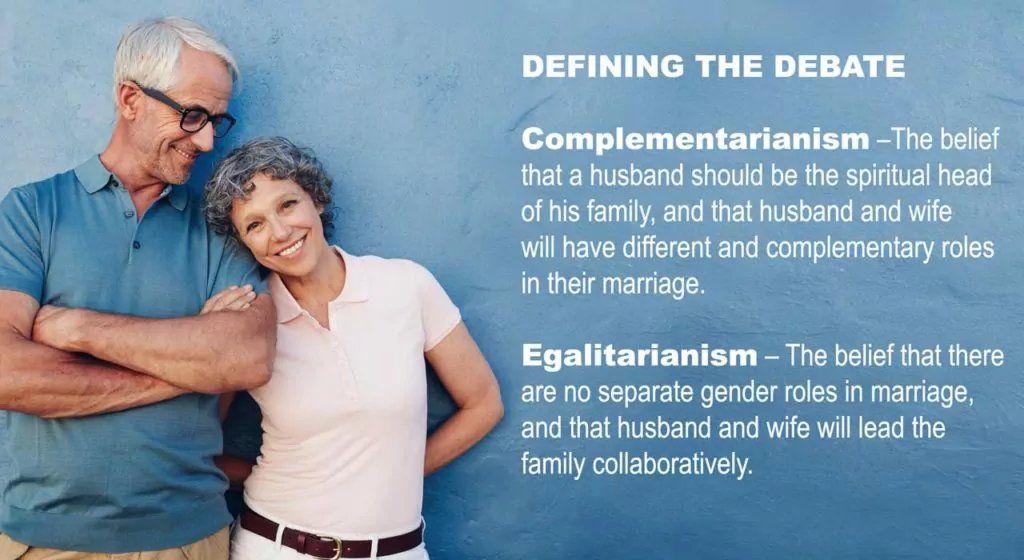As many as 24 congregations will disaffiliate from the Christian Reformed Church (CRC) after its Synod 2024 made clear that disagreement with the federation’s official positions on homosexuality will not be permitted. At its federational meeting in 2022, the CRC had accepted The Human Sexuality Report, which affirmed the traditional Biblical teaching that homosexual sex is sinful and clearly forbidden by Scripture, and that that Confessions already condemn such actions as sin against the seventh commandment.
The question that Synod 2024 ruled on was how the churches would deal with congregations that did not agree with this adopted teaching and allowed practicing homosexuals to remain office bearers and members in good standing. Synod 2024 ruled that:
“churches which have declared themselves to be… in protest… regarding synod’s decisions shall be entered into a one-year process of discipline requiring repentance and a move toward restoration with CRCNA positions, or towards disaffiliation.”
By requiring repentance of these churches, Synod 2024 essentially called it sinful to affirm that homosexual behavior is permissible for Christians, and affirmed the clear delineation that Synod 2022 had adopted. Remaining “in protest” is likely not an option for churches that disagree with these decisions: they are being asked to repent, or disaffiliate, within a one-year period.
In October, The Banner reported that at least seven churches have officially indicated a desire to disaffiliate from the denomination, while Religion News Services suggested that “at least two dozen” would do so. The CRC consists of just over 1,000 churches, and around 290,000 members, so these numbers represent a very small percentage that may increase in the coming months.
Interestingly, one congregation, Mountain View CRC in Lynden, WA is leaving despite The Human Sexuality Report, and not because of it. According to The Banner, they said that the same “hermeneutic that allowed for women in office has helped pave the way to other wrongful interpretations, namely the roughly 30% of Synod that promote full inclusion of practicing LGBT people.”
Readers of Reformed Perspective are likely familiar with decisions by the CRC that tended towards a more liberal view of Scripture, especially in allowing women to become elders and pastors. It is refreshing and encouraging to see the denomination take a firm stand against our culture’s celebration of sexual sin with this clear, Biblical stance.












